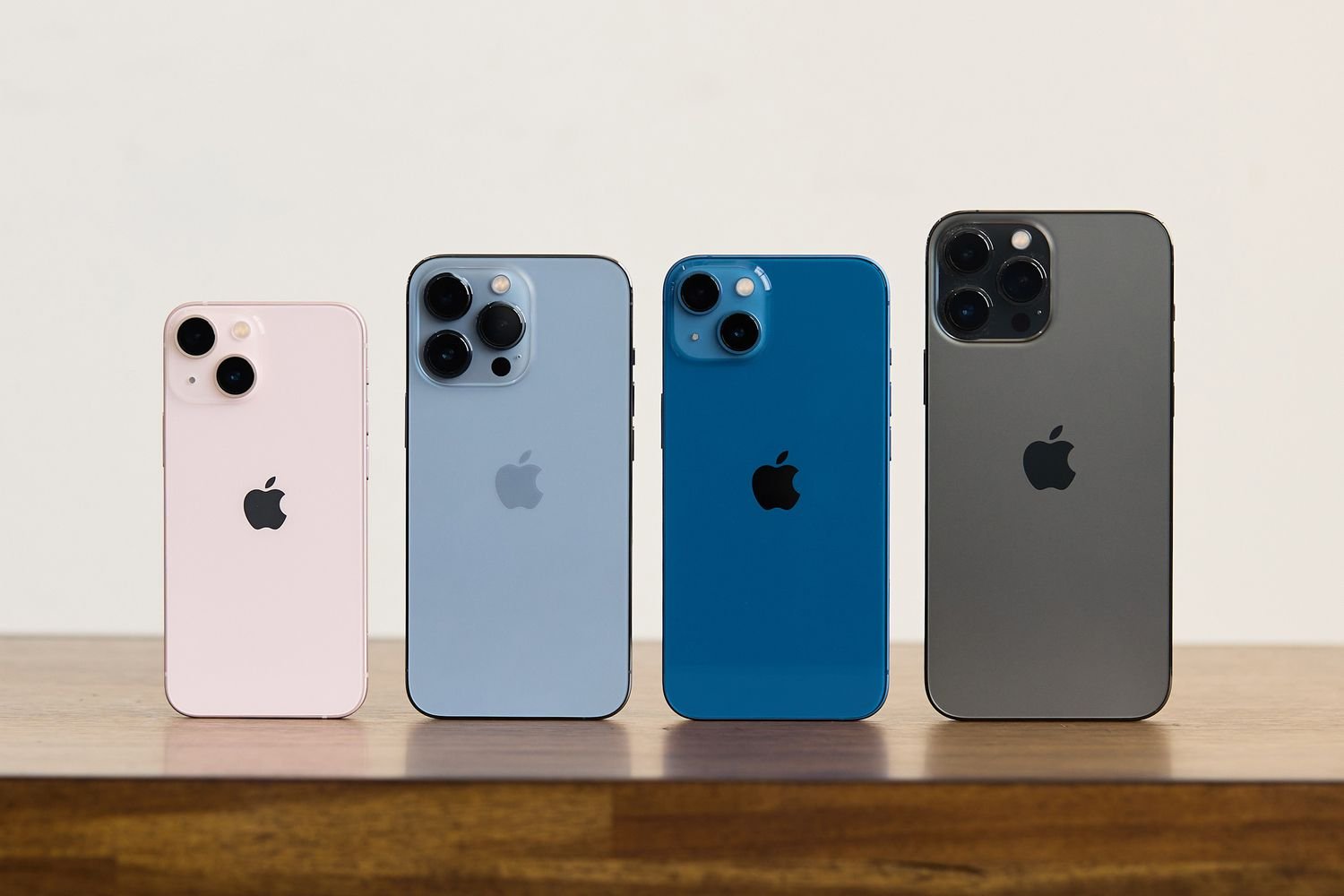CALIFORNIA, UNITED STATES — Apple is reportedly considering increasing the prices of its upcoming fall iPhone lineup, according to a Monday report from the Wall Street Journal. The company is said to be cautious about attributing any potential price increases to U.S. tariffs on imports from China, where the majority of its devices are assembled.
Shares of the technology giant experienced a 7% rise in premarket trading, mirroring broader market gains following the agreement between Washington and Beijing on Monday to temporarily reduce reciprocal tariffs.
However, Chinese imports will still be subject to a 30% levy in the U.S. Apple stands as one of the most prominent companies affected by the U.S.-China trade tensions, which have escalated in recent months due to a series of tariffs initiated by President Donald Trump.
Apple did not immediately respond to a Reuters request for comment regarding the WSJ report, which cited individuals familiar with the matter.
Increasing prices could provide Apple with a buffer against higher costs resulting from the tariffs, which have disrupted global supply chains and prompted the company to shift more of its production to India.
Earlier this month, Apple indicated that tariffs were projected to add approximately $900 million to its costs during the April-June quarter and that the majority of iPhones sold in the U.S. during that period would be sourced from India.
Analysts have speculated for several months about a potential price increase from Apple. However, they have also cautioned that such a move could lead to a loss of market share, particularly as competitors like Samsung attempt to attract consumers with AI features that Apple has been slower to integrate.
The most affordable iPhone 16 model was launched in the U.S. with a starting price of $799. However, projections from Rosenblatt Securities last month suggested that tariffs could inflate this cost by as much as 43%, potentially reaching $1,142.
The WSJ report indicated that Apple is planning to accompany any price increases with new features and design modifications, including an ultrathin design, which could serve to justify the higher costs.
Last month, Amazon.com faced scrutiny from the White House after its low-cost Haul unit considered listing import charges due to U.S. tariffs. The Trump administration subsequently accused the company of engaging in a politically motivated act.

